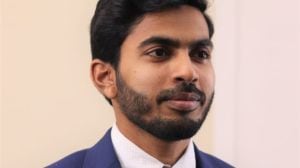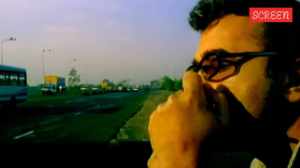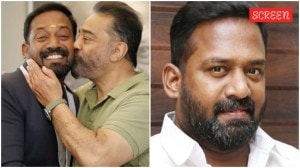EC for more teeth, Gill to meet political parties
NEW DELHI, APRIL 18: Even as India's enduring democratic system of governance gathers accolades worldwide, the Election Commission and its...

NEW DELHI, APRIL 18: Even as India’s enduring democratic system of governance gathers accolades worldwide, the Election Commission and its state-level counterparts are demanding more teeth to keep it ticking.
Financial autonomy, clearly defined tenure for state election commissioners and decision-making powers on issues relating to delimitation and fixing of poll dates should be invested with the state electoral authorities.
These are issues which Chief Election Commissioner M S Gill hopes political parties will give a serious thought to at a meeting of national and regional parties scheduled for April 29.
Gill plans to individually contact political leaders prior to the April 29 meeting to convince them about the need to strengthen the Election Commission’s powers.
"All parties must realise that while much praise is being heaped on India’s vibrant democracy, certain corrective steps have to be taken from time to time to keep the democratic train on track," he insists.
While the formal agenda for the all-party meeting is yet to be finalised, clarifying the powers of the state Election Commissions is one issue that has been hanging fire for long.
At a day-long conference held on Tuesday at the Nirvachan Sadan headquarters of the EC, state election commissioners urged greater delineation of their powers, just as their duties have been clearly spelt out. With state governments holding the powers of fixing election dates and rotation of reserved constituencies, state election commissioners find their hands tied if and when they have to enforce their constitutional mandate.
Coupled with unsure tenures and financial dependence on the state government, it becomes difficult for the state electoral authorities to maintain an independent stand while being dependent on the state’s largesse.
Another critical issue is that of disciplinary powers for the Election Commission. Ensuring free and fair polls becomes possible only if the EC is empowered to take action against erring officers on election duty.
"This is a reasonable proposition. We don’t want undue powers, but we should be able to take punitive action if a returning officer is not doing his duty or is acting in a prejudiced manner," says Gill.
But there could be opposition to this from the political parties, some of which see the EC as being "too independent" as it is.
Gill explains that on the contrary, the stronger the Commission, the greater the chances of ensuring fair play. "Political parties forget that if they are in office today, tomorrow they may find themselves on the opposition benches," he says.
With the same objective, that of ensuring clean and fair polls, the CEC wants to bring up the issue of governor’s rule during election time. "Governors should be neutral persons, chosen by the executive and the opposition together," he says.
"There’s no way that electoral malpractices like booth capturing, rigging and violence can be checked unless there is a neutral administration under governor’s rule," said Gill.
While the idea was dismissed as non-serious the last time the Election commission suggested it, the electoral authorities are hoping political parties will eventually see the light of day.
Photos


- 01
- 02
- 03
- 04
- 05





























